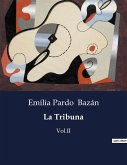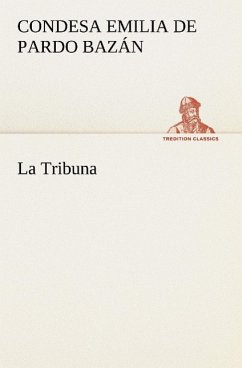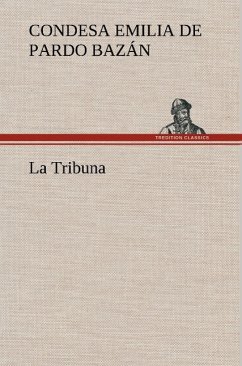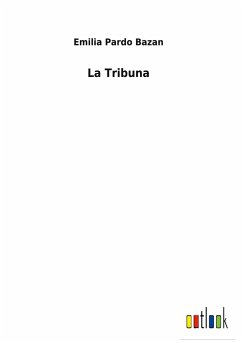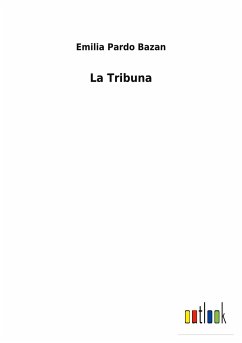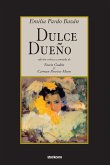In La Tribuna (1883) author Emilia Pardo Bazán, while focusing on the cigarette workers proletarians' lives puts into practice the detailed documentation, the emphasis on environmental conditioning, genuineness, and the strength of passions, of "naturalism" as expressed in her essay La Cuestión Palpitante. The topic of "the needy classes" had previously appeared in the Spanish pulp-novels, but Pardo Bazán's innovation is to include the hindsight of the workers' awareness of the class confrontation during the democratic, revolutionary six-year period, 1868-1874, and to do so with the observational perceptivity that highlights the understandable human and emotional aspects that account for ideological adhesions. Due to this, and in the words of the author, The Tribune dissatisfied both Tyrians and Trojans. The Republicans felt caricaturized, and the conservatives, musky people, revolted against the sincere and frank description of the people and working-class life. The main theme, the lives and struggle of the female cigarette workers at the Tobacco Factory in A Coruña, appears intertwined with an incipient feminism, reflected in the ups and downs in the relationship between Amparo, the young cigarette heroine, with the "gentleman" Baltasar, from whom Amparo expects not only love, but also human and social recognition. In La Tribuna Pardo Bazán reflects the paradoxical moral of exposing the human and emotional side that explains why it is "absurd that a people pin their hopes of redemption and happiness on forms of government that they do not know about, and to which they therefore attribute prodigious virtues and wondrous effects", which has confused more than one critic. In his introductory essay and notes Víctor Fuentes underlines this vision and highlights the value of La Tribuna as an exponent of a "Naturalism" deeply rooted in traditional Spanish Realism.
Hinweis: Dieser Artikel kann nur an eine deutsche Lieferadresse ausgeliefert werden.
Hinweis: Dieser Artikel kann nur an eine deutsche Lieferadresse ausgeliefert werden.



